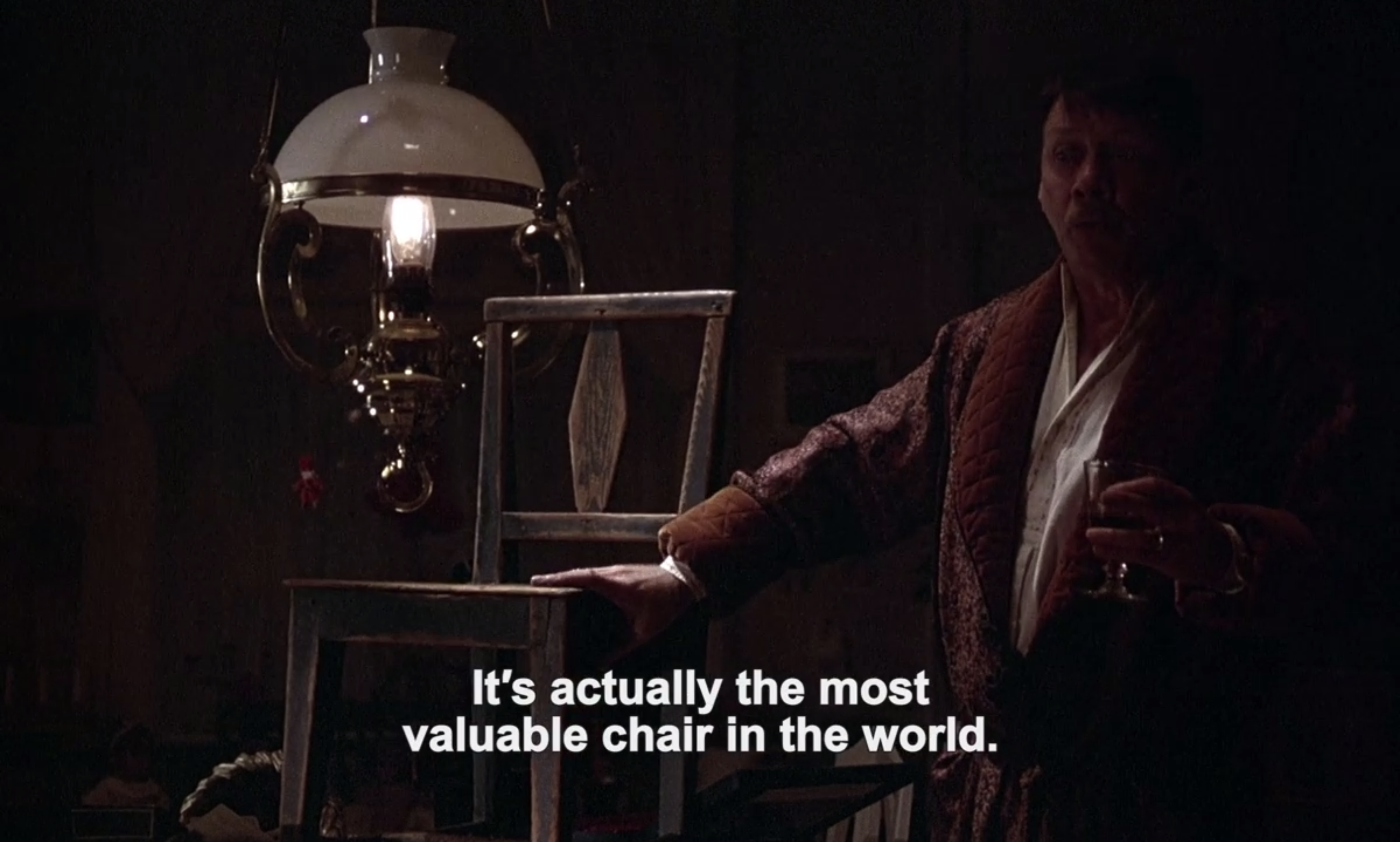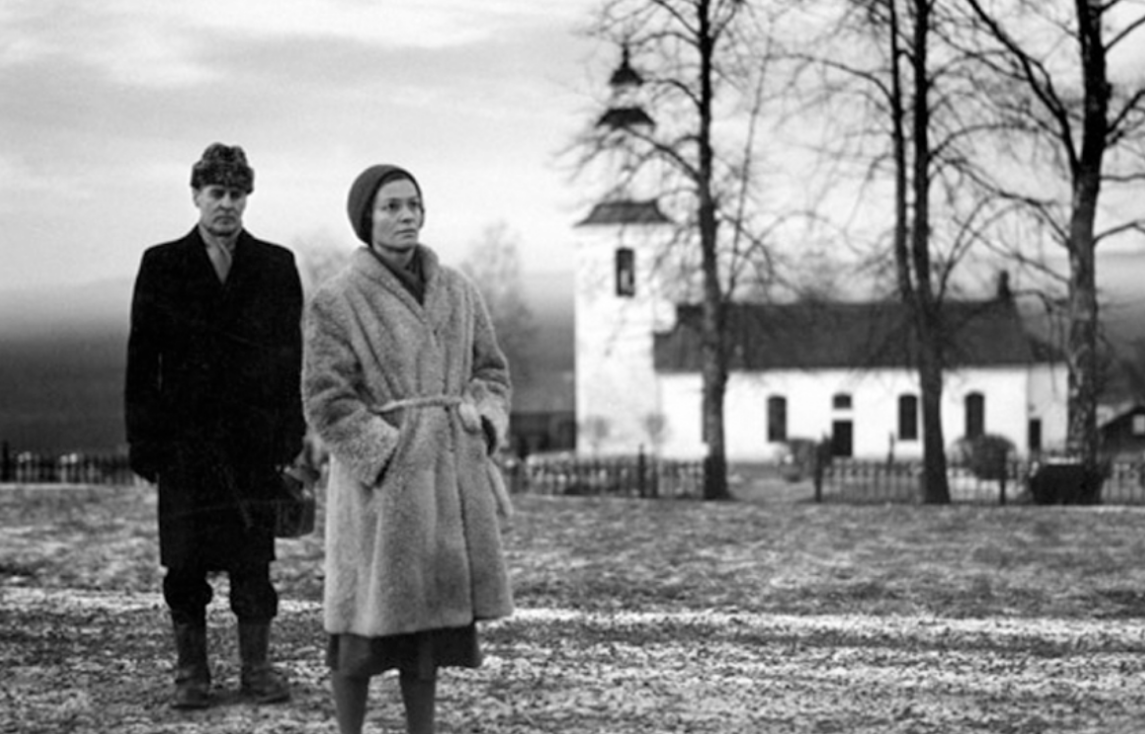Happy Ingrid Bergman Centennial! The great movie star was born 100 years ago on this very day in Stockholm, Sweden. Jose closes out our 10 film retrospective with a look at her final feature film - Editor
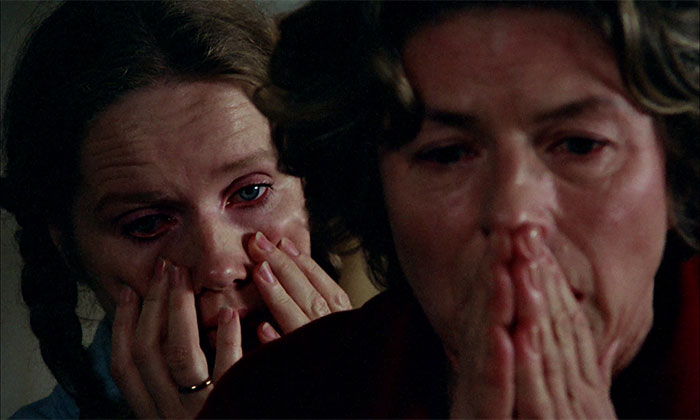
Jose here. True story: there was a time when I thought Ingrid Bergman and Ingmar Bergman were the same person. Not because I had seen Persona and dreamt of metaphysical unions between both great Swedes, but merely because I was a child.
I first laid eyes on Ingrid on the box of my grandma’s tape of Casablanca, when I was 6, and there was something about those eyes filled with longing and sorrow that one day drew me to insert the tape into the player. Bewitched by the earthy qualities and the warmth she exuded, I devoured as many of her films as I could get my hands on, until one day I heard someone talk of Ingmar. Convinced that it was merely a mispronounced version of Ingrid’s name I remained oblivious until the day I saw The Seventh Seal at age 12. The more I learned of Ingmar’s work in the following years, the less I thought there would be room for Ingrid in his world of damaged, oft cold human beings.
Then I watched Autumn Sonata and not only did she make sense in Ingmar’s universe, it seemed to be the place she was born to be in. Playing world famous pianist Charlotte Andergast, the director allowed her beautiful features to reflect a severity she had merely suggested in earlier roles during her career, as if she chose not to be breathtaking. The film has Liv Ullmann play Charlotte’s daughter Eva, who resents her mother for not having been around much when she was a child. To say that their exchanges are unkind would be an understatement, when every word seems like a dagger aimed for the ultimate kill.
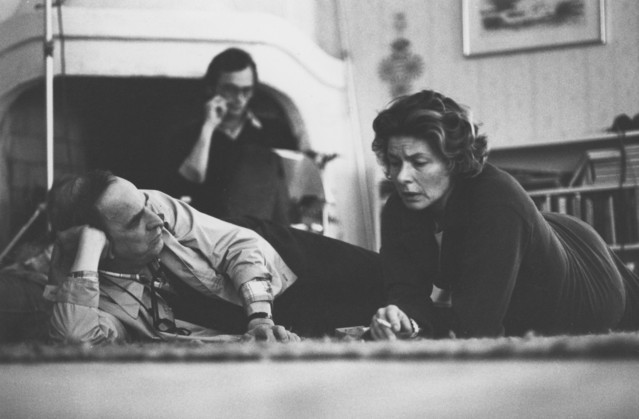 Cinema's Legendary Bergmans. No relation.
Cinema's Legendary Bergmans. No relation.
Ingmar’s kind of existentialism often drew from his own life, but in Autumn Sonata he seems to have made a film all about Ingrid. For starters, the very notion of a mother abandoning her children was something that allegedly tormented Ingrid who left her own child in America to pursue a relationship with director Roberto Rossellini in the 1950s, in traditional Bergman fashion though, Charlotte isn’t entirely filled with regret though, and she seems pleased with having Eva’s contempt, rather than having spent her life pretending she wanted to be with her children. It’s a bold performance that breaks from the nurturing qualities Ingrid had shown all throughout her career.
Charlotte turned out to be the Oscar winner’s big screen swan song, she would then go into semi-retirement only to act in a Golda Meir biopic that would win her an Emmy and a Golden Globe, but her work in Autumn Sonata makes for a beautiful bookend when juxtaposed with her first big role in Intermezzo. In fact, we could propose a theory that Charlotte is another version of Intermezzo’s Anita Hoffman, in fact she could even be the same woman, a professional musician who realizes her art is more important than anything else in the world, after being subjected to endless heartbreak at the hand of the man she loves. It’s a thing of beauty to realize that she had been showing us shades of Charlotte more than 40 years before. Could it be that Ingmar had seen Intermezzo as a young man and dreamed this part for his leading lady before he began his own career? Even though Ingrid and Ingmar weren't the same person after all, they were meant to do transcendental art together all along.

previously: Intermezzo (1939), Dr Jekyll & Mr Hyde (1941), For Whom the Bell Tolls (1942), Notorious, (1946), Joan of Arc (1948), Journey to Italy (1954), Indiscreet (1958), The Inn of Sixth Happiness (1958), Cactus Flower (1969) and 10 Best Ingrid Bergman Kisses (1935 through 1970)
 Wednesday, July 11, 2018 at 5:00PM
Wednesday, July 11, 2018 at 5:00PM 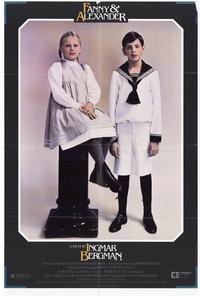 "The Furniture," by Daniel Walber, our weekly series on Production Design returns for Season 3! Kicking off with an episode of our Ingmar Bergman Centennial Mini-Series.
"The Furniture," by Daniel Walber, our weekly series on Production Design returns for Season 3! Kicking off with an episode of our Ingmar Bergman Centennial Mini-Series.


